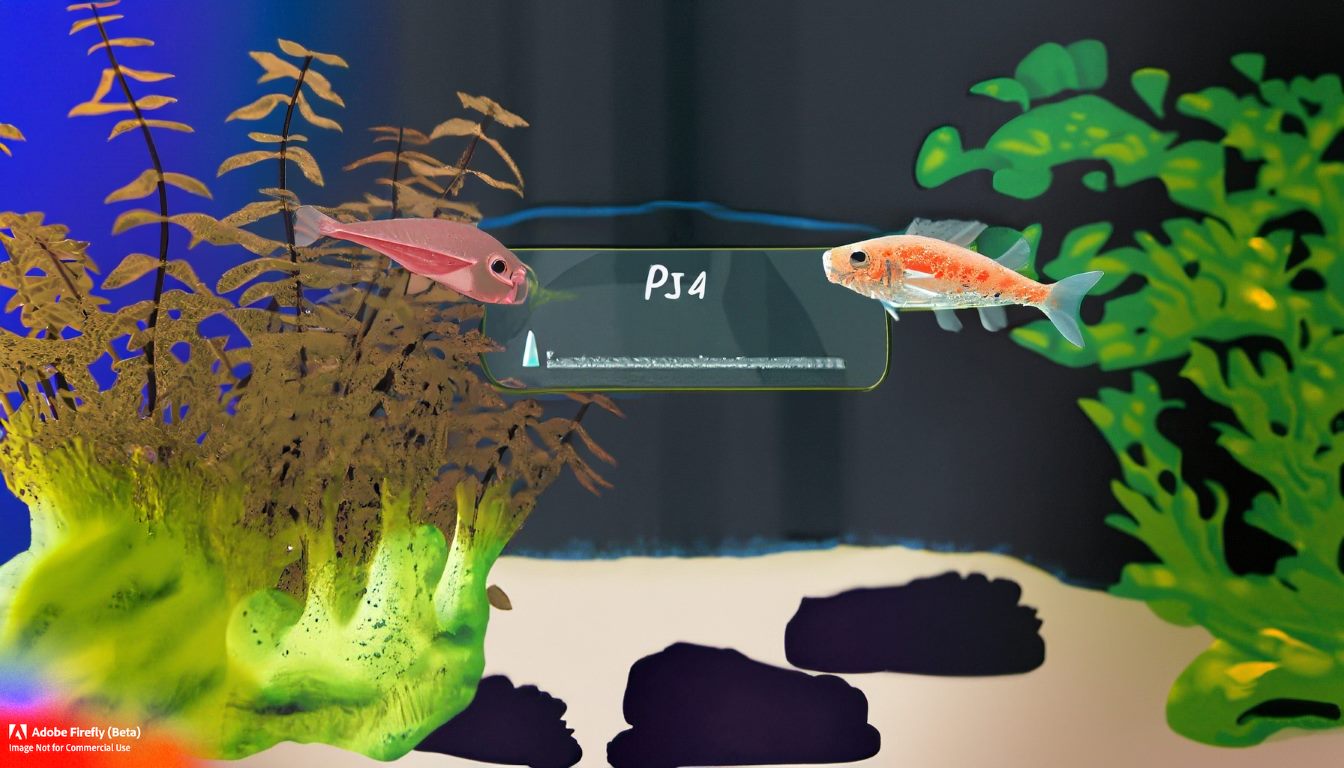
Water quality is an essential factor in your fish being comfortable in their artificial environment. pH is one of the parameters that determine water quality. At times, it is the difference between life and death to fish.
What causes low pH in aquarium or fish tank water?
Aquarium water experiences many pH changes due to chemical or biological processes. That said, several factors, including dissolved solids/minerals, the volume of carbon dioxide in water, and filtration system failure, can lower the pH of water in your fish tank.
It is highly recommended not to tamper with an established equilibrium, even if you notice low ph test results. The rule of thumb is if it is not broken, don’t fix it. As long as your fish is okay, with no signs of undue stress, keep observing.
Tampering with the system can recycle your tank and be even more detrimental to your fish. Furthermore, fish being susceptible, more significant than 0.3 in 24 hours, is catastrophic to fish. Care should thus be taken when handling ph.

pH, what is that?
Despite being an essential factor in water quality, not very many aquarists know what ph is.
PH is the measure of how acidic or basic/alkaline something is. When we test our water for pH, we try to establish if our water is basic or acidic, or neutral(in cases of pure water).
It is measured on a scale of 1 to 14. Acids range from a pH level of 1 to 6. The lower the pH level, the more acidic you get. An acid at 1 is highly and fashionably acidic.
8 to 14 is the range for alkaline or basic substances. The higher the number, the more basic something is. Yes, it’s the opposite of what applies in acids. Why?
Let me put it this way; the closer you are to a pH level of 7, the weaker an acid or basic substance is. At the 7th level, we say a substance is neutral.
Optimal pH Level for Fish
Fish come from different environments. We have saltwater and freshwater fish; Fish from cold water regions, and those from tropical conditions. In short, there are a variety of conditions that fish survive in.
Depending on where they come from, fish are adapted to specific water conditions. That includes the pH range tolerated by fish.
The excellent news is Most fish fall within the pH range of 6.5 to 9.5. Higher or lower ph can cause severe stress to fish and illness. There are species of fish that exceed this range, but we can treat them as exceptional cases.
It is vital to know the optimal ph level for the fish you keep. Try to meet this range so that your fish can thrive and flourish.
You should test the pH of water once a week at a regular(specific) time. This is to accommodate the ph changes in the water while monitoring to ensure it is within the acceptable range.
How does Low pH affect Fish?
Now that you understand what ph is, let us look at the effects of low pH on our aquatic buddies.
Low pH means that the environment is acidic. Acids denature protein substances. This is the effect of acids on the cellular membranes of fish. At lower pH levels, the fish will die.
Low pH significantly alters the ecosystem in water. Beneficial bacteria, crucial in cycling, can not survive in low pH water. Their optimal range is between 7.0 and 8.0.
Destruction of the bacteria that break down toxins in water causes accumulations of the same. Your fish will be swimming in accumulated poop and decayed matter. Horrible!
Lots of ammonia and nitrite in the aquarium will cause stress, poisoning, suffocations, and, eventually, death.
Either way, it is hazardous for fish to live in unacceptable low pH water. Be sure to keep the recommended range of pH constant.
Final Thoughts
The pH of your aquarium’s water is a crucial factor in determining the health and happiness of its inhabitants. Maintaining it within an optimal range will ensure that your fish thrive. It may seem like many things are going on inside this tiny ecosystem, but changes are minimal for a cycled tank. Hence, be sure to note what is wrong and fix it to restore normal conditions.